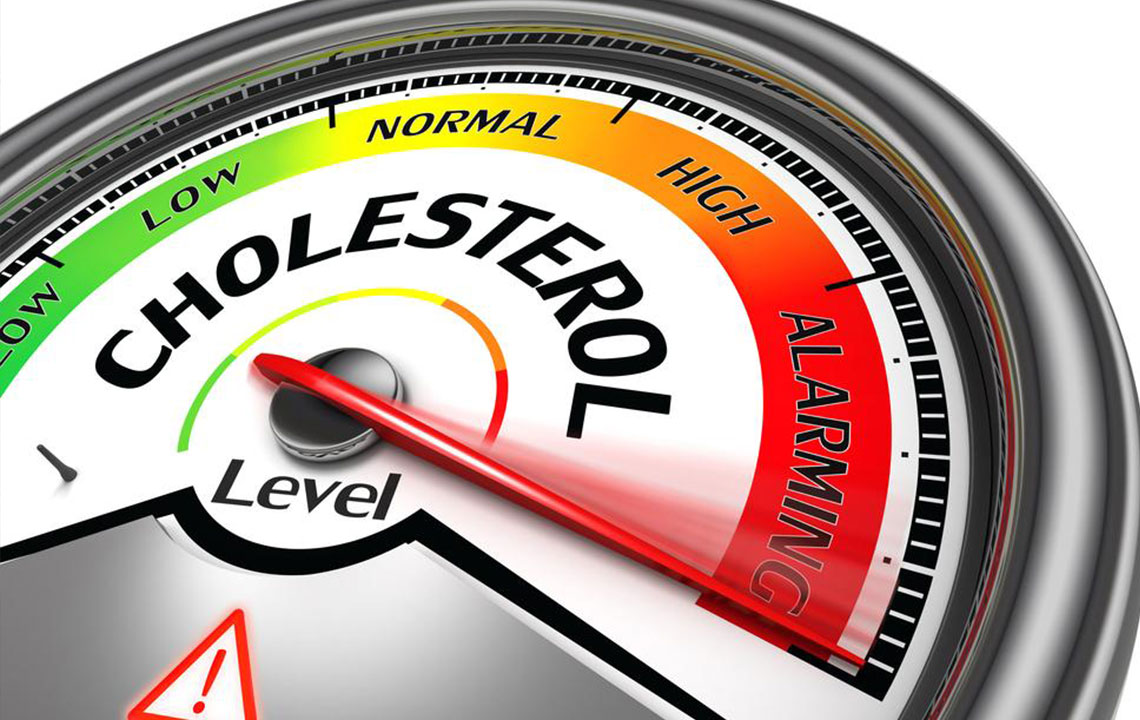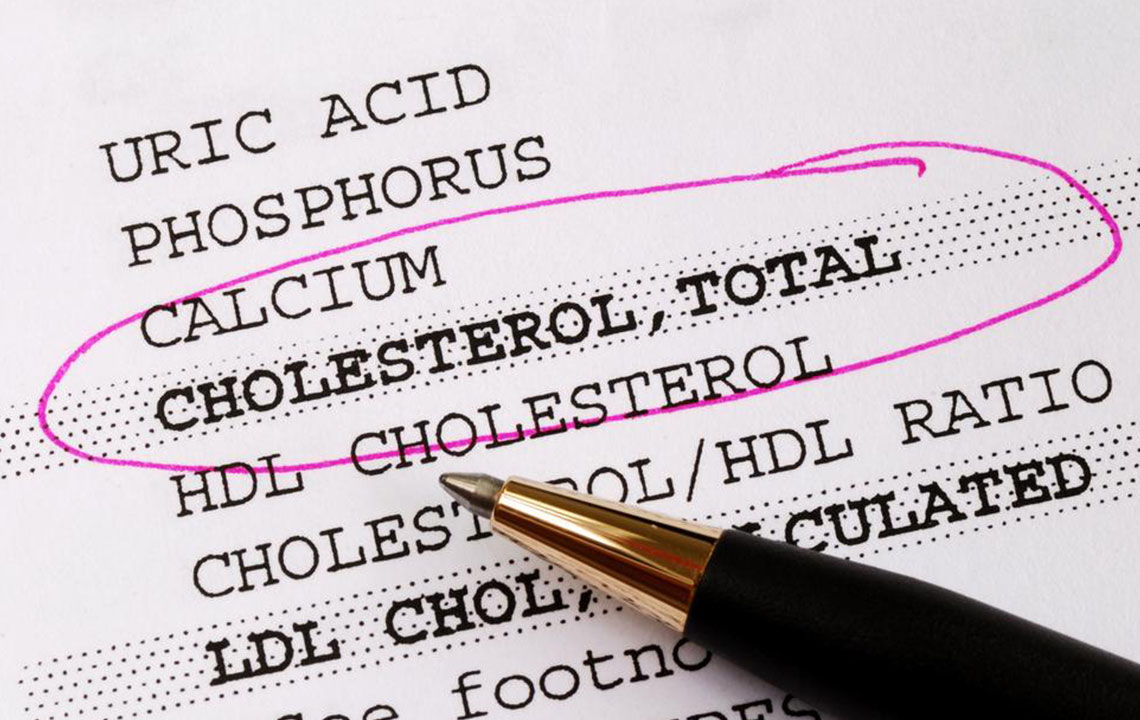Effective Strategies to Control Your Cholesterol Levels
Learn effective methods to manage cholesterol through diet, lifestyle changes, and regular testing. Understanding cholesterol levels and adopting healthy habits can significantly reduce heart disease risks. This guide covers key indicators, recommended food choices, and lifestyle tips to promote cardiovascular health and prevent serious conditions like heart attacks and strokes.
Sponsored

Understanding How to Control Your Cholesterol
High blood cholesterol is a significant risk factor for heart disease, which affects millions annually. Elevated cholesterol levels cause fatty deposits in arteries, constricting blood flow and increasing the risk of strokes and heart attacks. Regular testing is crucial for early detection and management. Many food products promote low-cholesterol options, highlighting the importance of dietary choices in maintaining heart health. Keeping cholesterol in check involves balanced eating, regular exercise, and avoiding habits like smoking. Taking proactive steps can reduce cardiovascular risks and improve overall well-being.
Cholesterol readings include several key indicators. Doctors recommend adults over 20 get tested every five years, yet many overlook this. The test measures four main components:
Total Cholesterol – Ideal levels are below 200 mg/dl. Higher numbers increase CVD risk.
LDL (Bad Cholesterol) – Levels under 100 mg/dl are optimal; exceeding 190 mg/dl is considered very high.
HDL (Good Cholesterol) – Higher HDL (>60 mg/dl) lowers heart disease risk, while below 40 mg/dl is quite low.
Triglycerides – Keeping triglycerides below 150 mg/dl reduces artery disease risk.
Dietary Tips for Better Cholesterol
Oatmeal & Fruits – Consuming oats with strawberries or bananas provides fiber to lower LDL.
Whole Grains – Brown rice, barley, and whole wheat products help reduce cholesterol levels.
Legumes – Beans, lentils, and peas are rich in soluble fiber, controlling cholesterol and promoting fullness.
Healthy Oils – Use extra virgin olive oil for cooking to support heart health.
Maintaining cardiovascular health requires a collaborative effort. Implementing a balanced diet, engaging in regular physical activity, avoiding smoking, and following medical advice are vital steps. Natural lifestyle changes, alongside medication when necessary, can effectively lower cholesterol and enhance your quality of life.






